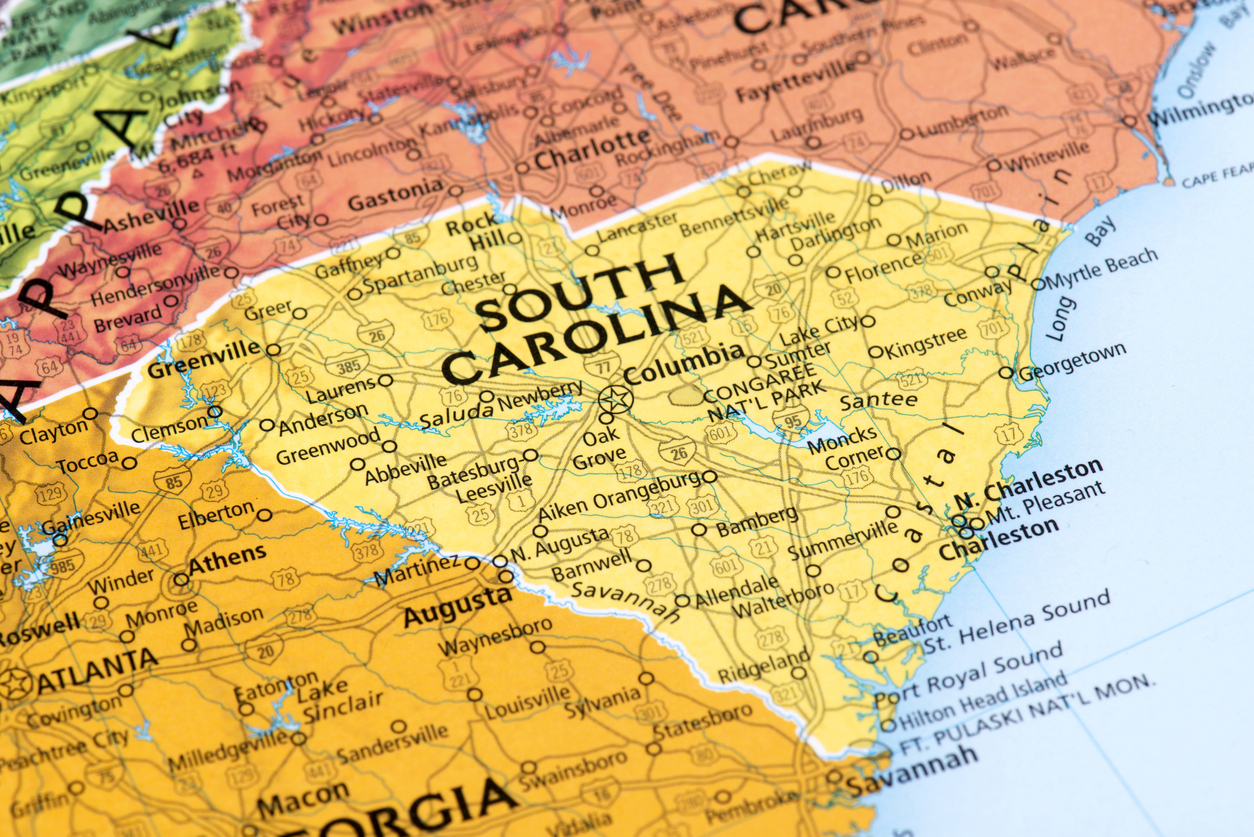Historically September is one of the most active months during hurricane season. Policyholders should be prepared and informed before, during and after a hurricane. As I write this blog, many in South Carolina are experiencing the force of Hurricane Florence and while for some, the hurricane will end the next day, for others the following morning will be the beginning of a long process of recovery, from claiming damages to their insurance company to work on all repairs needed on their residential or commercial properties.
South Carolina laws protect policyholders from improper claim practices. These include, but are not limited to the following:1
(1) Knowingly misrepresenting facts or misleading information with respect to coverages.
(2) Failing to acknowledge with reasonable promptness pertinent communications with respect to claims arising under its policies.
(3) Failing to adopt and implement reasonable standards for the prompt investigation and settlement of claims.
(4) Not attempting in good faith to effect prompt, fair, and equitable settlement of claims.
(5) Compelling policyholders or claimants, to suits and offers substantially less than the amounts they would obtain under reasonable settlements with insurers.
(6) Offering to settle claims, including third-party liability claims, for an amount less than the amount otherwise reasonably due or payable based upon the possibility or probability that the policyholder or claimant would be required to incur attorneys’ fees to recover the amount reasonably due or payable.
(7) Invoking or threatening to invoke policy defenses or to rescind the policy as of its inception, not in good faith and with a reasonable expectation of prevailing with respect to the policy defense or attempted rescission, but for the primary purpose of discouraging or reducing a claim, including a third-party liability claim.
(8) Any other practice which constitutes an unreasonable delay in paying or an unreasonable failure to pay or settle in full claims, including third-party liability claims, arising under coverages provided by its policies.
South Carolina’s improper claim practices act does not include a private cause of action for first-party insurance claimants.2 However, insureds have the option to waive contracts and sue in common law tort for intentional, reckless or unreasonable refusal of the insurance company to pay benefits that are clearly due under the policy.3 Insureds could also recover punitive damages upon demonstration that insurer’s failure to pay benefits was willful or in reckless disregard of his rights.
After events such as hurricanes, policyholders have duties to comply, such as notifying their property or commercial damages to the insurer as soon as possible. The insured should also provide all documents and information requested by their insured including pictures of the damages in a reasonable time for the insured to initiate and complete a proper investigation. If any repairs are made before the insurance company has initiated or completed an investigation the insured should provide a copy of all receipts and estimates as evidence of such repairs or mitigation actions taken to avoid further damages. An insurance company’s conduct will be judged by the evidence it had before it at the time it denied the claim.4
For now, policyholders in South Carolina should focus on their safety and as soon as the threat of Hurricane Florence is gone they should put their efforts on recovering from their losses including making a proper insurance claim.
____________________
1 S.C. Code Ann. §38-59-20.
2 Ocean Winds Council of Co-Owners, Inc. v. Auto-Owners Ins. Co., 241 F.Supp.2d 572 (D.S.C. 2002).
3 Robertsen v. State Farm Mut. Auto. Ins. Co., 464 F.Supp. 876 (D.S.C. 1979).
4 University Medical Associates of Medical University of S.C. v. UnumProvident Corp., 335 F.Supp.2d 702 (D.S.C. 2004).



